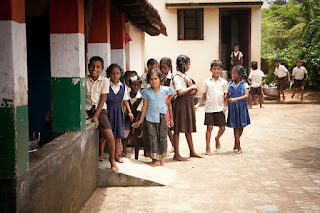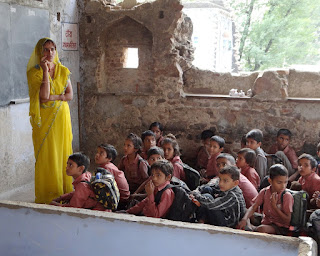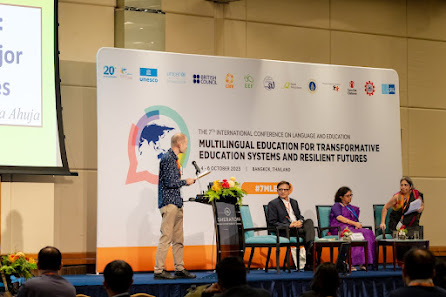SAMVAD Lecture Series by NCERT on Multilingual Education

It was a tremendous privilege to give a SAMVAD lecture at NCERT on Multilingual Education. Thank you Dr Sandhya Singh and Rama Meganathan for the invitation and warm welcome. It was good seeing some old friends like Binay Pattanayak there ! The SAMVAD Lecture Series was hosted by NCERT(National Council of Education Research and Training) and is available on their official YouTube channel for public viewing on the 10th of January, 2024. The presentation was titled “ MLE developments across the world and the current India policies and National Education Policy 2020 and the National Curriculum Framework 2023.” Some of the main sections of the presentation looked at the Global picture, the Indian scenario in the development of Multilingual Education(MLE), and the current initiatives/resources that are available. The lecture began by introducing the definition of MLE and the rationale behind using MLE in education. Recent research studies were described which support ...


